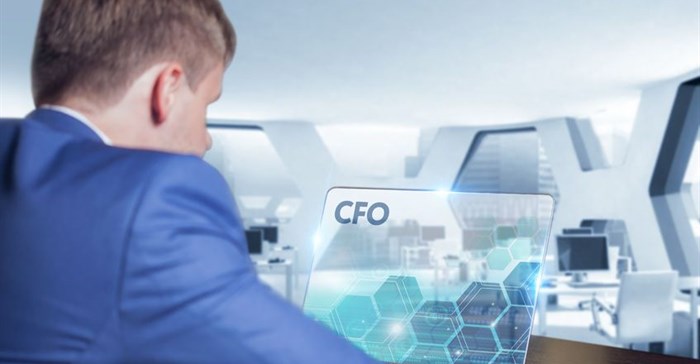Once upon a time, the CFO was primarily an enterprise’s bookkeeper and accountant, the role is changing beyond recognition. In addition to their traditional activities of managing budgets and producing reports, CFOs are increasingly expected to be a strategic driver for business growth and innovation; tasked to enable digital transformation and extract maximum value from operations.

As these responsibilities expand, we see a new type of person stepping into the role. The CFO of tomorrow is the millennial of today – braver in their approach and diligently focused on finding innovative ways to move the business forward. Crucially, millennials are also more trusting of technology; a key asset in a future where the sheer volume of information flowing into an organisation will require CFOs to rely on artificial and adaptive intelligence applications to analyse and derive actionable insights from data.
But it’s not just about technology. Millennials bring a different approach to work; a new-generation attitude which in turn will shape the outlook of the CFO of tomorrow. Breaking with tradition, millennials are moving away from specialisation in the workplace.
They want to be Jacks of all trade’; have a broader understanding of the company; see how their role connects to others and how they can work together to improve results. One survey by the Intelligence Group has found that more than four in five millennials prefer a collaborative work culture over a competitive one – an ideal mindset for a CFO, whose role increasingly demands that they see the bigger picture and enable enhanced collaboration across all business functions.
And, when it comes to seeing the bigger picture, the importance of data cannot be understated. The CFO of tomorrow will draw on data from a many different sources to gain insight and connect business units together. In addition to the internal data harnessed through ERP, EPM and other applications, the CFO of tomorrow will rely on data from the internet of things (IoT). As a result, they’ll understand the business like never before.
Weather sensors, for example, will alert them days in advance that a storm may disrupt the supply chain; Fitbit data will let them know when the workforce is stressed; and ambient temperature sensors will let them know when the factory is in danger due to overheating. This external data will help CFOs make predictions and recommendations across the business, exponentially increasing their value to the CEO and board.
To collect, store and analyse these vast caches of data, the CFO of tomorrow will naturally look to cloud solutions. Cloud-based ERP, EPM and SCM applications can act as the ‘muscles’ of a data-driven, digital approach to business transformation, providing CFOs with the tools to optimise business performance, collaborate, and allocate resources effectively.
IoT applications in the cloud, meanwhile, can provide CFOs with a new range of senses – allowing them to ’see’, ‘hear’ and ‘smell’ what’s happening outside the corporate walls, and providing them with real-time information that enables true agility. Adaptive intelligence cloud software is the new brains, using machine learning to analyse large volumes of data faster.
There’s no denying that digital disruption and economic uncertainty present real challenges for CFOs and their businesses. But success cannot be achieved by playing it safe. The next generation of CFOs – millennials as well as new-generation thinkers of all ages who have a solid understand of digital technology – will be the key players in their businesses.
Combining vast amounts of data with adaptive intelligence and powerful, enterprise-grade cloud technology, the CFO of tomorrow will break down organisational silos to orchestrate a business that is more agile and more unified than anything in the past. They will be empowered to proactively identify new market opportunities, and act on them immediately.